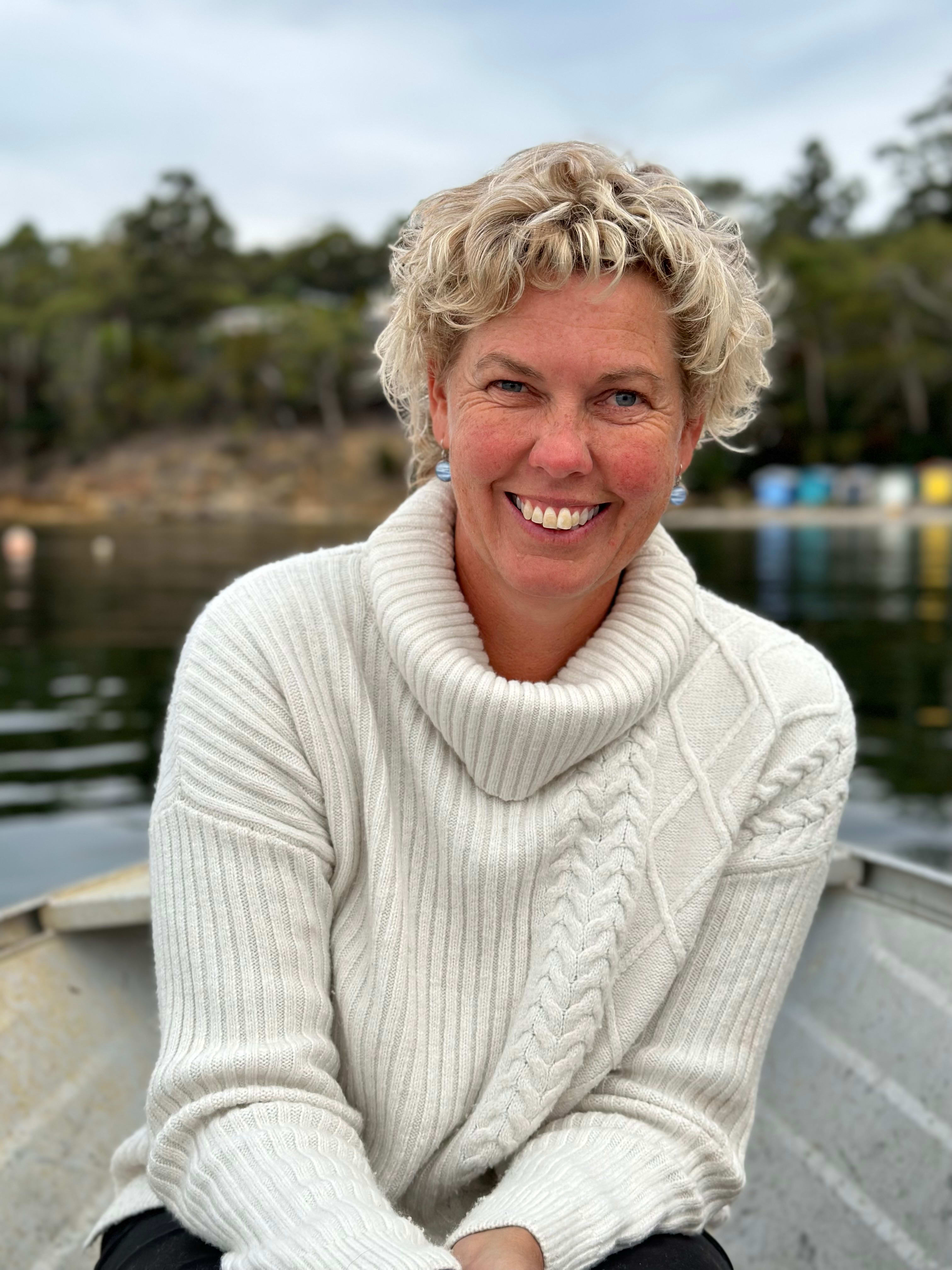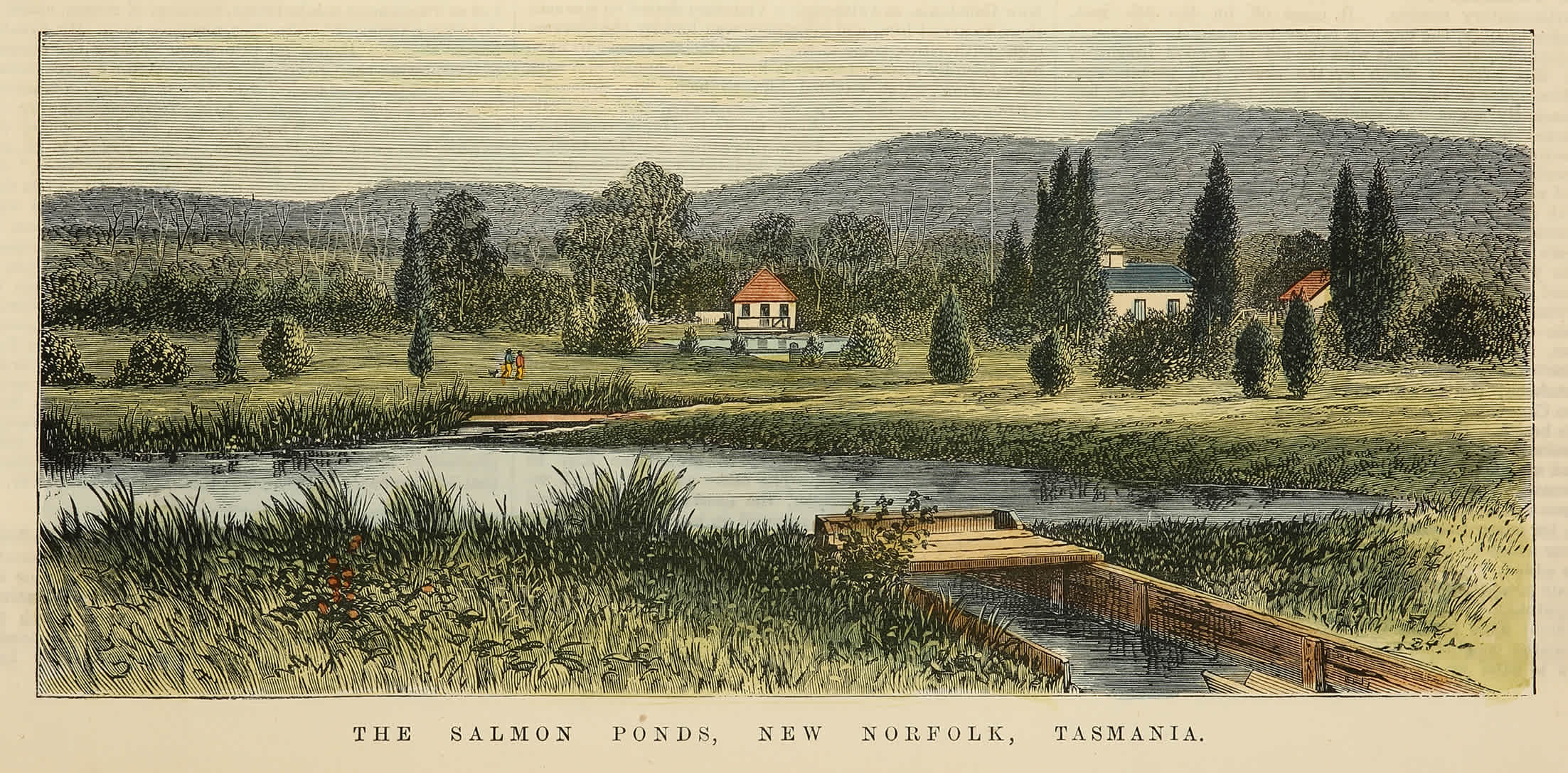The following is adapted from a speech by Deborah Thomson in late 2019 for White Ribbon, Launceston.
I had a secret. I kept this secret for 18 years. I told no-one, just disappeared as a person in my own right and became the woman my partner demanded me to be.
I met this man in 1985 while I was at university. I was naturally introverted and immature at that time. I knew nothing of family violence when I became his partner. My ignorance left me vulnerable and easily manipulated by him. I existed merely as an object to be daily humiliated.
The signs I missed
- Knowing the warning signs of abuse helps you to recognise an abuser. These signs include:
- Excessive jealousy and possessiveness
- Constant interrogation regarding where you have been and who you have spoken to
- Increasing isolation from friends and family, especially anyone you know who might see your relationship as abusive and try to support you to leave.
Recognise an abuser
- Typically has unrealistic expectations of what their partner should say and how they should behave
- Believes that their partner exists for the sole purpose of filling their needs
- Refuses to accept responsibility for their actions and remorse is uncommon
- Has an entrenched belief that the other in the relationship caused the violence to occur
- It is never their fault – abusers justify abuse in their belief that “I’m not a violent person” and “it isn’t abuse, I’m just keeping her/him in line”
It is psychological abuse, and manipulation when you are made to feel at fault for his violence. This causes you to lose all sense of reality and you accept the behaviour as normal. Non-physical abuse is as harmful to the victim’s mental health as physical violence is to the body.
Why did I stay?
- My self-worth was so inadequate I believed he had sound reasons for punching me, threatening my life, raping me and strangling me almost to unconsciousness
- I believed him when he told me that I was unattractive, that I was boring, and that I needed him “to make decent conversation with others”
- I believed his threats: “I’ll kill you and the kids if you try to leave” or “I will tell everyone you are mad and have the children taken from you”
- I was so resigned to this lifestyle I continued the lie to myself that all was well. I laid blame for what had occurred on myself, rather than my partner
- I was also afraid of the unknown; would I lose my children to their father, could I find enough work to keep us in clothing, food and housing, was I strong enough to ignore backlash when others learned of my situation and would it really be worth the hardships as a single mother of three? This made me so fearful that it stopped me from leaving him.
What instigated my leaving?
My decision to tell my family and women’s refuge workers of the daily abuse was a direct result of my youngest daughter telling me that her father had shown her a rifle that he “planned to shoot mummy with if she is naughty”. I knew then that the children and myself could no longer remain in the house with a man who was increasingly involving three young, impressionable minds in his own dysfunctional state of mind.
Was my leaving worth it? Yes, a resounding yes.
It is so much better to leave early to avoid the acute mental trauma that results from long-term abuse. I wasted 18 years subjected to physical, sexual and psychological abuse by a man I mistakenly believed loved me. I now see the trauma from remaining for so long could have been halved, had I left sooner.
What help was available?
There is a great quote from Mahatma Gandhi: “The true measure of any society can be found in how it treats its most vulnerable members.”
Despite under-funding of services, positive changes are underway. Support non-existent 15 years ago when I left, are now common. These support services make a massive difference to the quality of life of victims.
Primary prevention is key to reducing domestic violence incidents. More needs to be done to prevent the violence happening in the first place as demand for women’s refuges in Tasmania increases. Current refuges are stretched and under-resourced.
In this talk I have focused on abuse against females by males. I accept that men are abused by their female partners; though in smaller numbers.
As is well known, in Australia on average, one woman a week is murdered at the hands of an intimate partner. If you are being abused, or know someone who is, don’t turn away. Reveal your secret or support others in telling theirs. Talk to someone outside of the relationship. Self-deception is often the cause of a victim’s decision to stay, therefore it is vital that outside help is sought as soon as possible to clarify what is really happening. Outsiders have greater ability to see the abuse as it is. It is difficult to change by yourself. Take steps, no matter how small, to leave.
I need to say that at the point of leaving the victim (I prefer the term survivor) is most vulnerable and at risk of violence against them, as the perpetrator senses they are losing control. Therefore, seek outside support before, during, and directly after leaving.
What advice would I give to others?
- Leave the abuse early
- Shed your feelings of shame
- Summon the ability to speak openly of the abusive behaviour regardless of what others might think
I am telling my story in the hope that this will help others to recognise domestic violence. I understand that the shame I felt, and keeping his violence secret, were mistakes. The shame is all his. He can keep his secrets but they are no longer mine.
I hope that my book and events like this today can help others to live their dreams not their nightmares. Thank you all for listening.
Further reading:
Issues with Centrelink and family violence victims
Domestic violence is everday terrorism
He will forever harbour his secret
If you are looking for other assistance services you can go to www.findhelptas.com.au for help in Tasmania or, nationally, call 1800 RESPECT (1800 737 732).
Deborah Thomson moved to Tasmania with her daughter in 2010, and now lives with her partner of nine years and a parrot.
She moved to escape domestic violence and, inspired by her new partner, wrote her first book, Whose Life Is It Anyway? Recognising and Surviving Domestic Violence, to help others recognise abuse (and in particular coercive control), in the home, and to increase their motivation to leave earlier.
After publishing her first book, she became a trained advocate through Engender Equality, a non-government Tasmanian organisation working with people and communities impacted by family violence. Deborah Thomson advocates for survivors of family violence, speaking at domestic violence events across Tasmania, through media channels and podcasts.
She recently completed a second book, detailing lived experience with domestic violence by her then husband, spanning 17 years from 1985 to 2003. This book is now used in Tasmania as an information resource for family violence counsellors and students on practicals. Both books are available through The Hobart Book Shop.
Visit the homepage for Deborah's column, The Family Violence Epidemic here.








